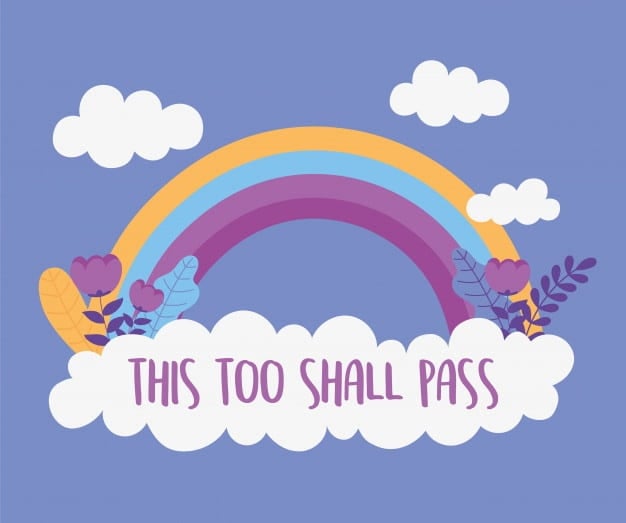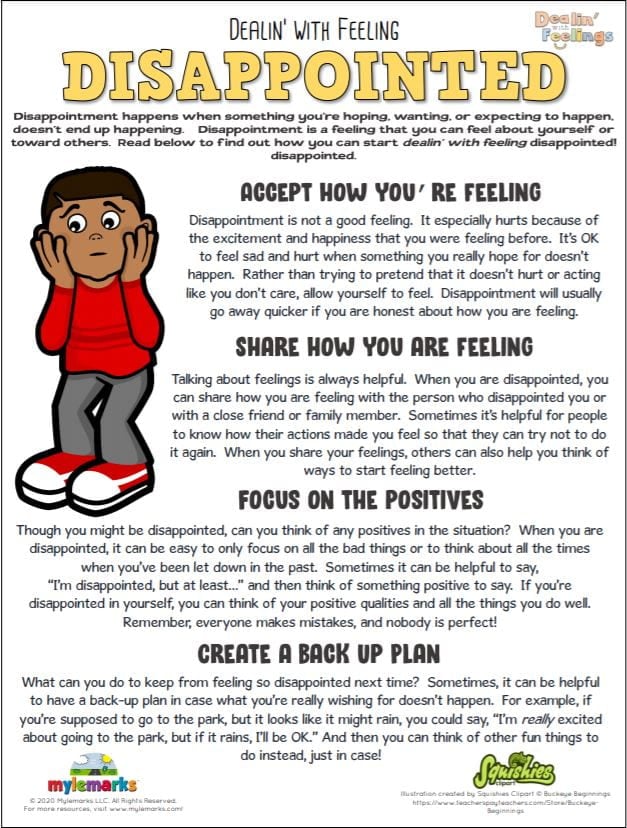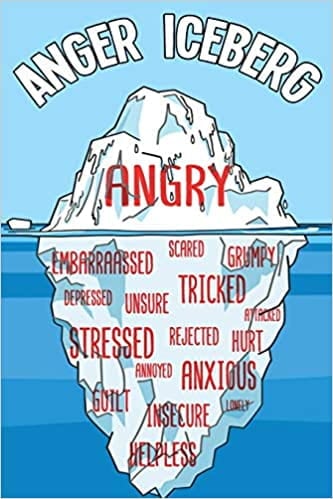 Life gives us lots of opportunity to learn how to deal with Disappointment. From losing a soccer game, to getting a poor mark on an assignment, to a change of anticipated plans. Each experience has different levels of disappointment – some are little and you can work through them in a day or less. Others are more major and it might take a longer time to work through them. Even though the length of time it takes to work through disappointment varies, the process is really similar for all of them.
Life gives us lots of opportunity to learn how to deal with Disappointment. From losing a soccer game, to getting a poor mark on an assignment, to a change of anticipated plans. Each experience has different levels of disappointment – some are little and you can work through them in a day or less. Others are more major and it might take a longer time to work through them. Even though the length of time it takes to work through disappointment varies, the process is really similar for all of them.
I don’t know about you, but I’ve been disappointed that my summer plans will look different than I thought they would earlier this year. I’ve noticed that I have felt a bit grumpier than usual, and I’ve found myself a bit more focused on what I can’t do this summer. We call that “ruminating”. The dictionary defines ruminating as thinking about something repeatedly. When we ruminate on something disappointing, we can get fixed on it and it becomes unhealthy. Rather than ruminating on something, it is healthier to process it. Processing means to purposefully deal with something. Here are some things you can do that help to process, or deal with, disappointment:
We can’t avoid disappointment, but we can learn how to handle it better. Sometimes we can even learn how to turn it around to something better. The well known quote, “When life gives you lemons, make lemonade!” is often more helpful than we think! As we wrap up for the school year, I wish you all a lovely summer – and I wish you a few months filled with relaxing and good memories. Cheers!
